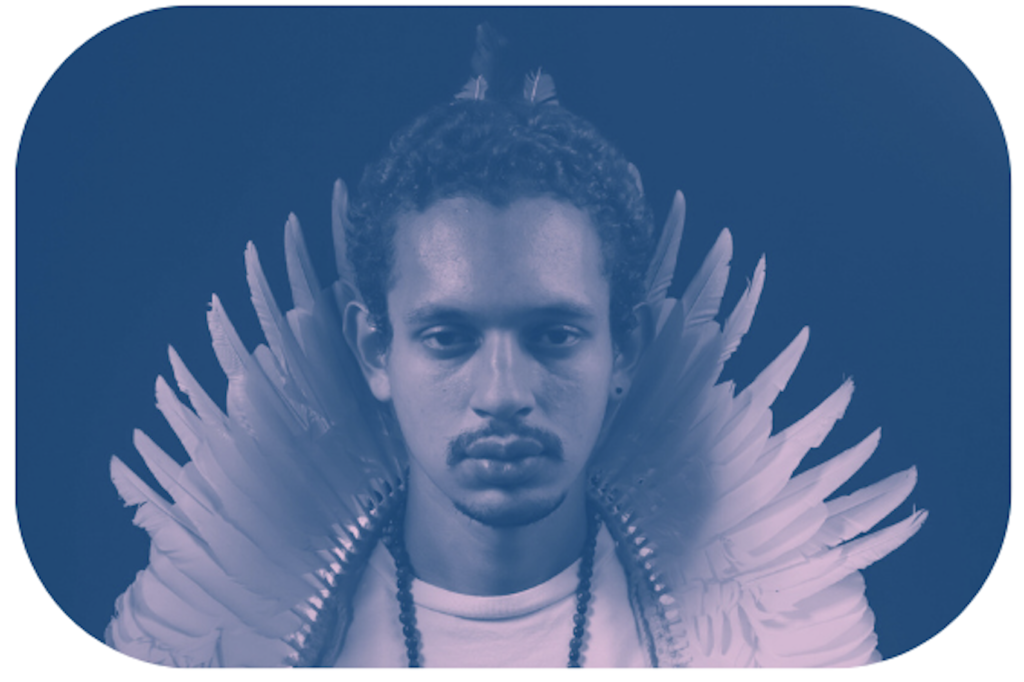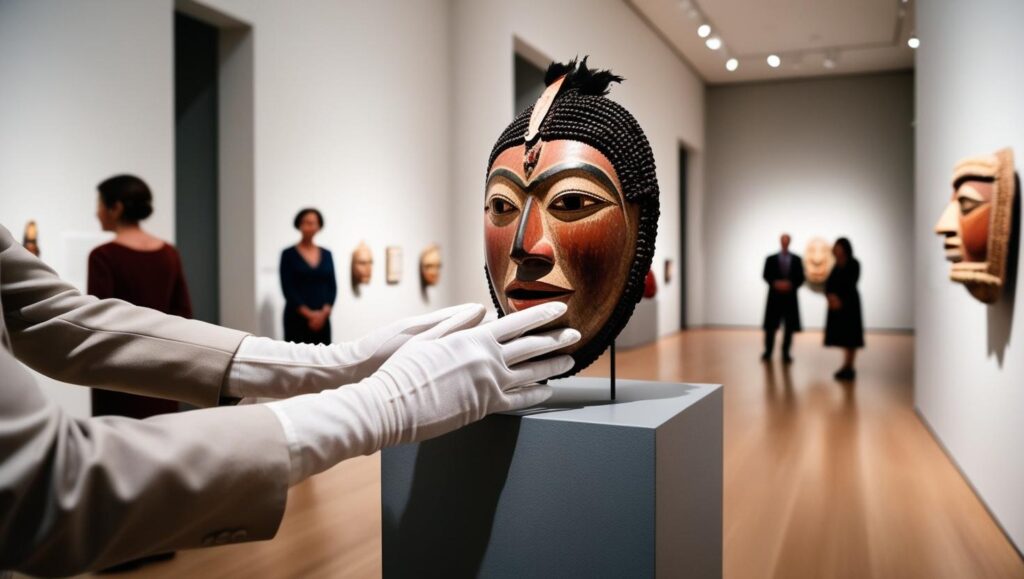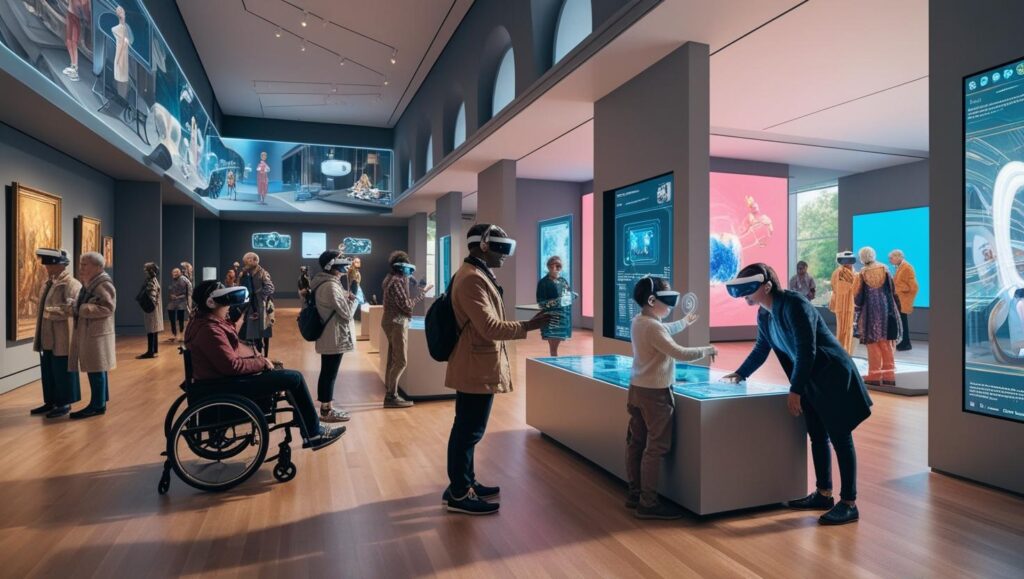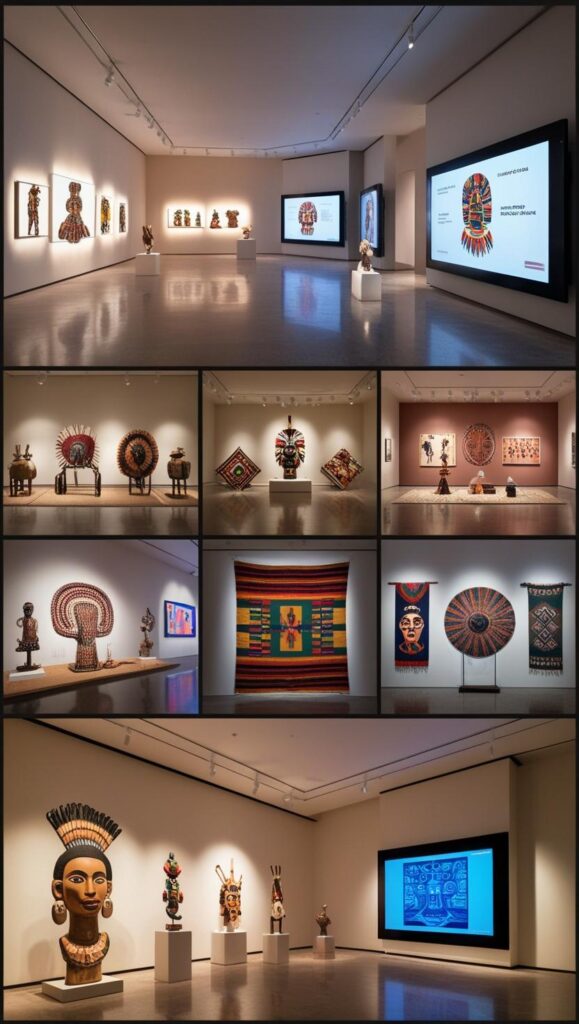Ozzo Ukumari: Between Ancestrality and Digitality
At the intersection of contemporary technology and ancestral knowledge lies the work of Ozzo Ukumari (born Oscar Octavio Soza Figueroa, 1985, Agua de Castilla, Bolivia), a multidisciplinary artist whose production offers a unique perspective on the tensions inherent to what we can call digital colonialism. With a degree in Art from the Gabriel René Moreno […]
Ozzo Ukumari: Between Ancestrality and Digitality Read More »










